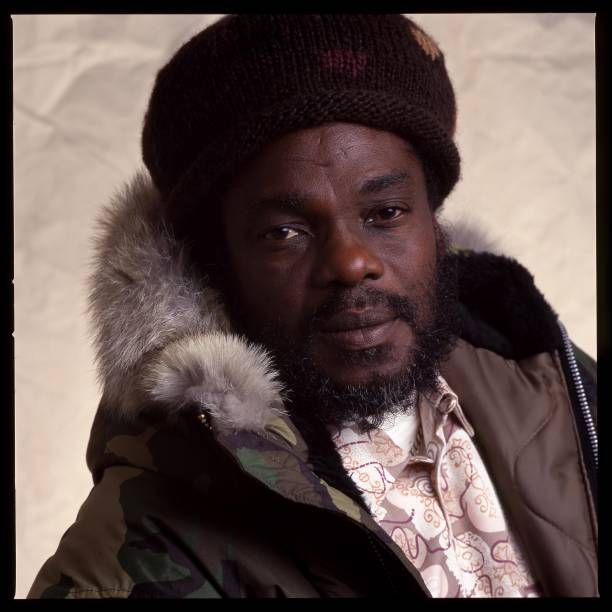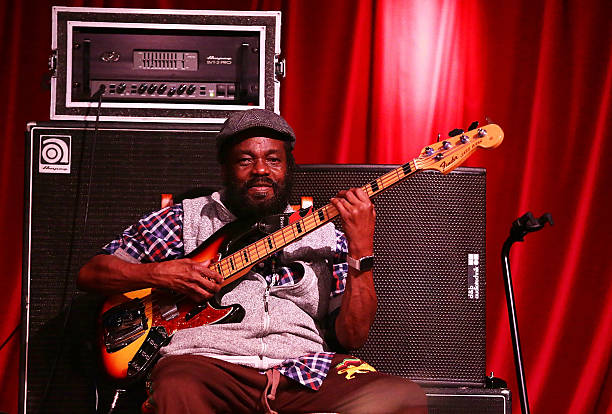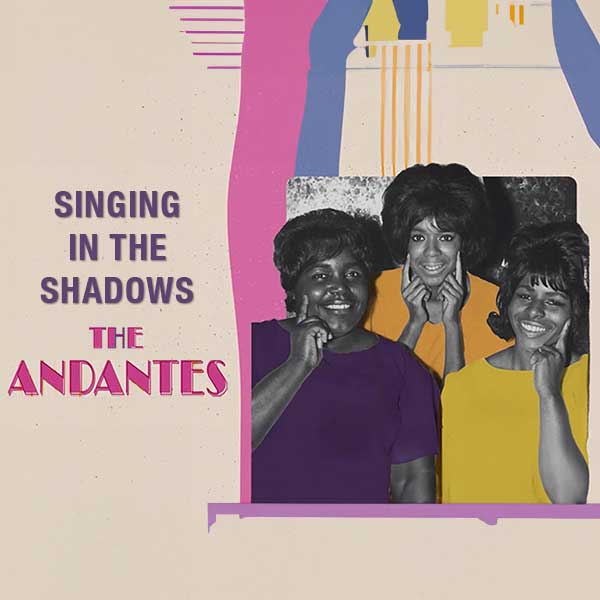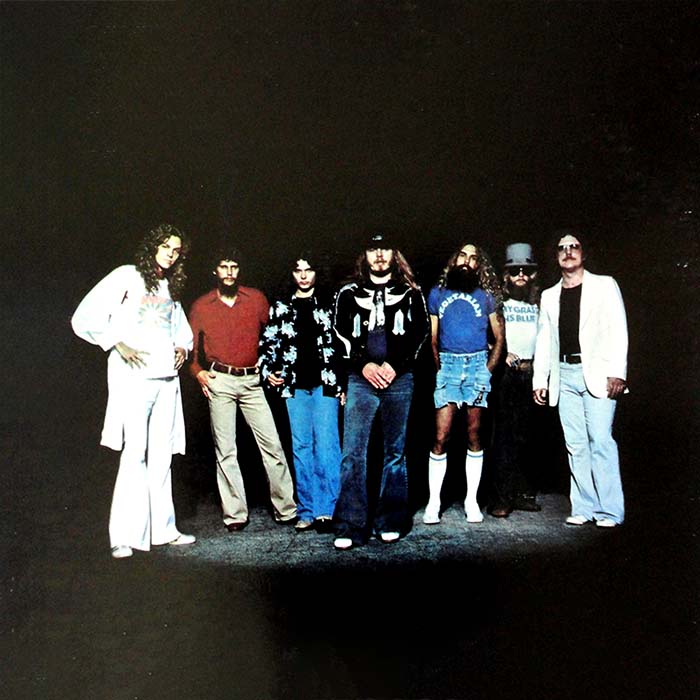This KORD Interactive Playlist commemorates the career of Aston “Family Man” Barrett, the longtime bassist for reggae pioneers Bob Marley and the Wailers. You can use the stem player to isolate or mute Barrett’s booming rhythms, or deconstruct each song any other way you wish.
All songs are presented in chronological order to underscore the evolution of Barrett’s approach. This playlist will continue to grow as we add new songs and stories, so check back often.
Aston “Family Man” Barrett elevated the low end to unprecedented heights. His emphatic approach to bass guitar ripples across reggae history like a seismic tremor, grounding and galvanizing a series of now-classic recordings from Peter Tosh, Burning Spear and, most famously, Bob Marley and the Wailers, whose ranks Barrett and his drum-playing brother Carlton joined ahead of the 1973 LP Catch a Fire.

“I’ve played before Bob, with Bob and after Bob, and along the way, I create a whole new concept of bass playing,” Barrett said in 2007. “That’s just my thing. That’s my destiny.”
Read More














